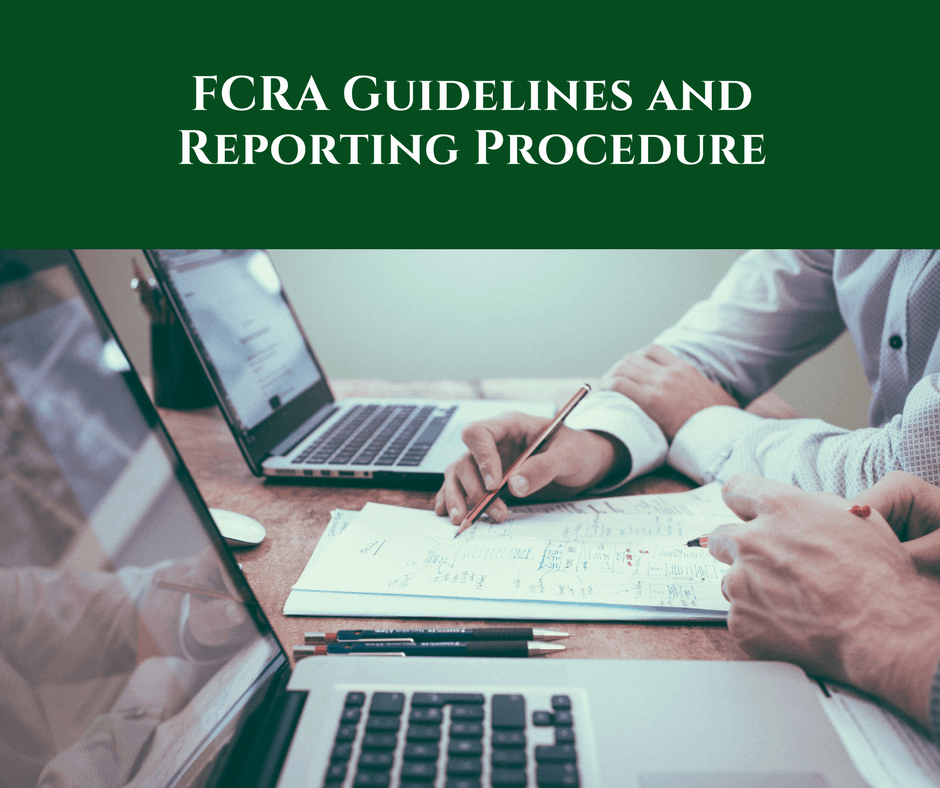
The FCRA, or Fair Credit Reporting Act, is a United States federal law promoting the accuracy, fairness, and privacy of consumer information in credit reporting. Essentially, this act states that consumers have the right to know what information is in their file, whether information in their credit report has been used against them, and to dispute anything contained within the report that they know to be false. A reasonable expectation of privacy is also promised to consumers under the FCRA. You can read more about the FCRA’s consumer rights here.
Credit checks are a common part of a pre-employment background investigation. Since these checks fall under the jurisdiction of the FCRA, it’s important to verify that the company performing your background checks is adhering to the legislation. Failure to properly comply with FCRA regulations can put your company at risk for significant legal action and financial responsibility.
In a background check, an adverse finding is a search result that contradicts information an applicant provided when they applied for a position with your company. For instance, if an applicant stated that they obtained a Master of Science degree and you order an Education Verification, and the check returns with the information that the applicant in fact did not graduate, that would be considered an adverse finding. Adverse findings can also be things like false information regarding professional experiences, criminal background, or licenses held.
At Alliance Risk Group, we take FCRA guidelines and all associated responsibilities very seriously. As soon as an adverse finding is returned, the entire applicant file is reviewed for quality control purposes. A Background Investigations Coordinator verifies that multiple points of applicant data on the adverse finding match the individual’s actual information. For instance, their name, address, or date of birth as provided must be identical to what was returned in the adverse finding. The more items correspond, the better the match. This is done to ensure the background investigations you order are returned with information that is completely accurate.
Once a Background Investigations Coordinator verifies that the adverse finding in fact belongs to the applicant, they must check to be sure records are not sealed, expunged, or dismissed. In addition, they must be sure that any adverse findings noted are reportable within the confines of the FCRA. Many of these findings are subject to local and state laws, such as the 7-year rule.
Essentially, the 7-year rule states that all civil suits, civil judgments, arrest records, and paid tax liens can’t be reported in a background investigation (or other consumer report) after 7 years. This applies to every state in the U.S. In some instances, states go even further with their regulations, such as in California, New York, and Kentucky, where non-convictions can’t be reported at all, except for pending charges. See this chart for additional information.
You can rest assured that our Backgrounds Investigation Coordinators are well-versed in FCRA guidelines and the laws surrounding applicant reporting. We follow a strict and extremely detailed procedure when it comes to what is reportable to ensure we are always compliant.
Alliance Risk Group. is a full-service investigative firm that conducts best practice background checks in a variety of industries, regardless of your company’s size or geographic location. Are you interested in learning more about background investigations? Schedule a no-cost webinar to see if our services might be right for you!
We invite you to browse our library of blog posts and whitepapers to gain a better understanding of the value background investigations could have for your organization.
